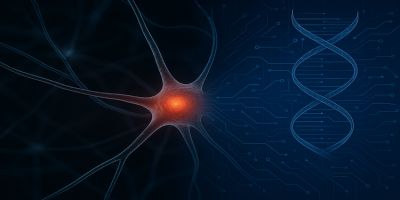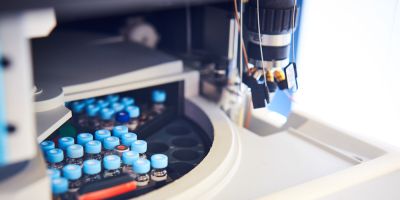New collaboration to transform chemistry experiments

Collaborating with startup DeepMatter, the University of Leeds aims to revolutionise chemistry experiments through a new “Fitbit for chemistry”
Based in Glasgow, DeepMatter, is developing a new technology that could make chemistry experiments safer and more accurately reproducible. The Institute of Process Research and Development (iPRD) and Dr Richard Bourne, Associate Professor at the University of Leeds, will be looking to integrate DeepMatter into their own systems. If it’s successful, it may lead the way to opening this technology to more third-party lab equipment and, ultimately, the whole industry.
Described as a "Fitbit for chemistry", DeepMatter combines sensors with an online platform to record every step of chemical reactions in real time. The result is a system that hopes to provide researchers with deeper insights into the reaction process and easily share knowledge online. This would allow scientists to more easily identify reasons for success or failure, along with reducing margin for error and the repeated handling of toxic materials.
However, despite its significant benefits to the industry, DeepMatter’s platform is currently reliant on bespoke equipment, limiting its impact to only a handful of laboratories. This new collaboration hopes to change all that.
We are constantly seeking ways to bring the benefits of the digital age to the lab.
Dr Richard Bourne said: “We are constantly seeking ways to bring the benefits of the digital age to the lab. It is an unceasing challenge for the chemical industry to reduce the timescale for development of new chemical products to the point of reliable manufacture and entrance into the marketplace.
“Faster capture, manipulation and analysis of data will be key tools in this endeavour and we are delighted to be working with the DeepMatter team to bring these benefits to the iPRD.”

Dr Richard Bourne
Mark Warne, CEO of DeepMatter Group, said: “We are delighted to be partnering with the highly regarded research team at the iPRD. By integrating third-party analytical platforms and hardware into our DigitalGlassware platform, the iPRD, and all future DigitalGlassware users, will be able to facilitate complex data capture on a longitudinal scale, redefining what it means to have a truly digital laboratory.”




